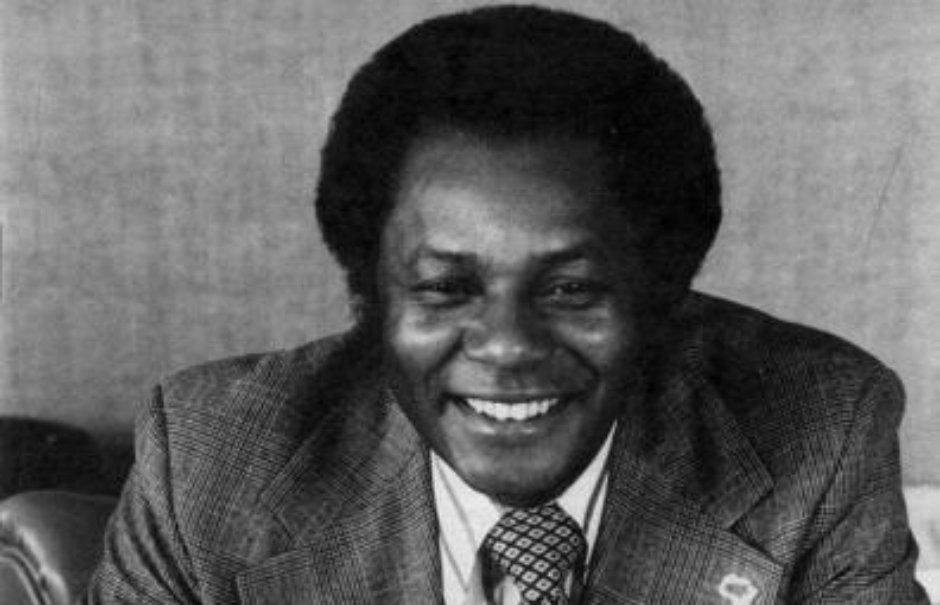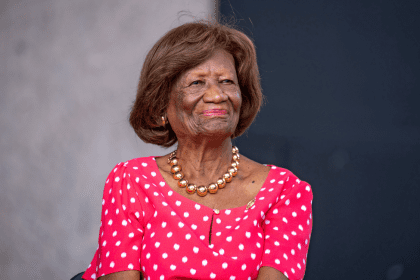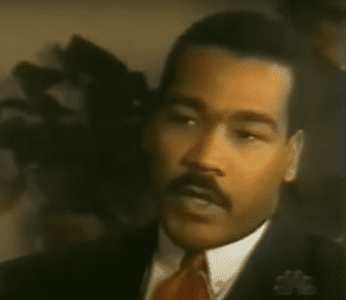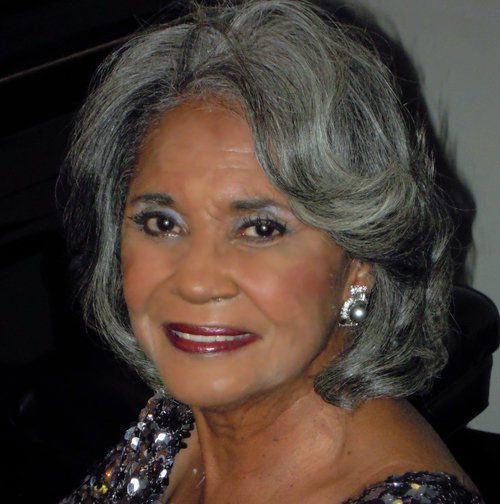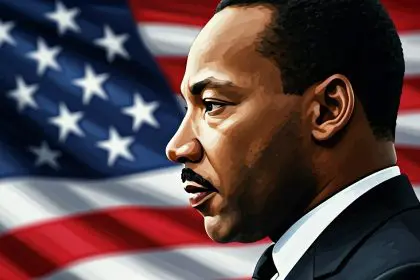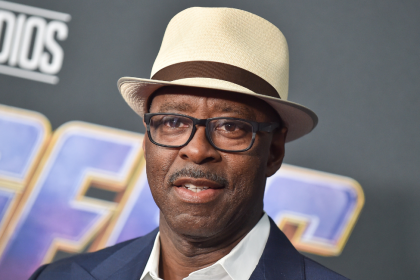The Rev. Martin Luther King Jr. famously spent his last days in Memphis in April 1968 to support sanitation workers who had been striking for nearly two months. William “Bill” Lucy, a Memphis native and leader in the American Federation of State, County and Municipal Employees (AFSCME), was right there, shoulder to shoulder with King and the workers.
They were fighting for better wages and benefits and to get their AFSCME Local 1733 union recognized by the city, and Lucy would prove instrumental in their success. Not even King’s assassination days later could intimidate Lucy from taking the fight to Memphis officials, and he is credited with coining the slogan — “I am a man!” — that became the workers rallying cry as union membership doubled. Twelve days after King died, on April 16, 1968, the city gave in, and a civil rights icon and highly esteemed Black labor leader was born.
Lucy, who served as the secretary-treasurer of the AFSCME for 38 years, died Wednesday at his home in Washington, D.C. He was 90.
“We mourn the passing of William Lucy, AFSCME secretary-treasurer emeritus and a revered labor, human rights and civil rights leader,” the AFSCME said in a statement Wednesday night. AFSCME president Lee Saunders added, “Bill Lucy was a giant, one of the most accomplished and influential trade unionists ever — in any country, at any moment in history. He did as much as anyone to advance the dignity of all working people here in the United States and around the world. He was one of our greatest warriors ever for civil rights, labor rights and human rights.”
Congressman remembers Lucy fondly
U.S. Rep. Steve Cohen (D-Tenn.), who called himself a longtime friend of Lucy, echoed Saunders’ sentiments.
“Bill Lucy was a hugely influential trade unionist and leader of the civil rights movement, beginning with his critical role in leadership during the Memphis sanitation workers strike in 1968, where he was part of the group that came up with the iconic placard message ‘I AM A MAN,’ ” Cohen said in a statement.
“I have valued his friendship and good counsel over my decades in public life and particularly cherish the William Lucy Award I received for my work on labor issues in Tennessee. Bill Lucy was on the right side of so many issues and will be remembered for his historic efforts advancing labor victories and helping end apartheid. The nation and the world have lost a great leader, and he will be missed.”
One of Ebony’s 100 most influential Black Americans
Lucy co-founded and led both the Coalition of Black Trade Unionists and the Free South Africa Movement, which spearheaded the anti-apartheid campaign in the United States.
Lucy, who served on the board of the National Association for the Advancement of Colored People (NAACP), was a worldwide force for social justice and worker freedom, and was on multiple occasions hailed by Ebony magazine as one of the 100 most influential Black Americans.
“With profound sadness, we honor the remarkable life and legacy of William ‘Bill’ Lucy, a true champion of the labor movement and a steadfast advocate for social justice,” read a joint statement from NAACP President and CEO Derrick Johnson and National Board of Directors member Robin Williams. “For over four decades, Bill dedicated himself to uplifting workers’ rights, leaving an indelible mark on American labor and civil rights.”
He also served as the first African American president of Public Services International, the world’s largest union federation, and on the executive council of the AFL-CIO, the federation’s highest decision-making body. He also served on the boards of TransAfrica and the Africa-America Institute.
In a 2019 interview with journalist Roland Martin, Lucy said he felt blessed for “being able to develop some understanding, some skills, a little bit of commitment that was valuable in helping others find a way to join a struggle for a better life.”
Lucy is survived by two daughters, Benita Marsh and Phyllis Manuel.

